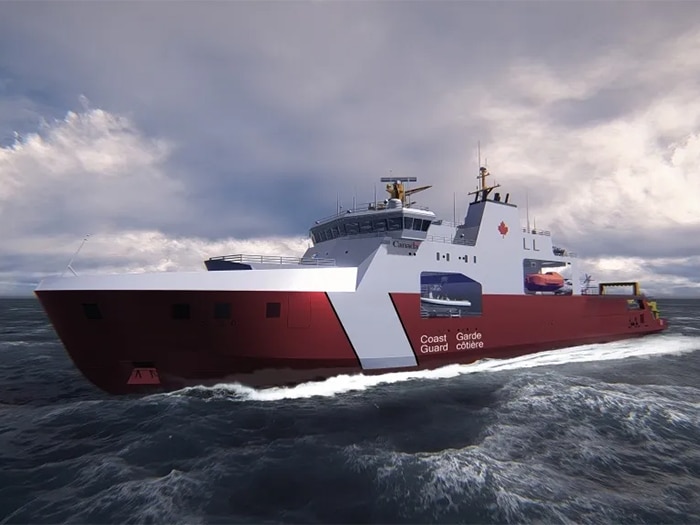A Japanese owner has developed the first hydrogen-fuelled tug in east Asia as part of a national strategy to test alternative marine fuels
Tokyo Kisen collaborated with e5 Lab to develop the e5 Tug concept design for an electric-propulsion harbour tugboat. This would be powered by a large-capacity battery and a hydrogen fuel cell, the first time this has been developed in the region.
This tug will built in Japan for testing in the next three years around a major Japanese port to demonstrate the full potential of all-electric propulsion and hydrogen fuel cell technology.
e5 Tug would be fully electrified to minimise its environmental footprint. Video chat live with amateur cam models and pornstars from around the world. Click here for free live sex cams provides a platform that allows you to connect with thousands of cam girls & guys instantly. This achievement could be emulated in other projects in Japan and elsewhere in Asia.
Tokyo Kisen said it intends to seek advice from Japanese Ministry of Land, Infrastructure, Transport and Tourism and classification society ClassNK and other relevant organisations for regulatory compliance to proceed the project.
“After the final investment decision, we aim to launch the tug for commercial operations in Yokohama Port and Kawasaki Port in 2022,” Tokyo Kisen said.
Its plan is to equip e5 Tug with a propulsion system running on an e5 powertrain platform, which was devised and designed by e5 Lab.
This incorporates a large-capacity battery system as a main power source and a hydrogen fuel cell and generator as the auxiliary power source.
e5 Lab expects this electric propulsion system will ensure sufficient bollard pull and continuous cruising time necessary for harbour tugboat operations, which requires a large-capacity power to function.
The e5 powertrain platform will drive two 1,500-kW azimuth thrusters to generate 50 tonnes of bollard pull and service speed of 14 knots.
CO2 emissions will be minimised in all operational phases by incorporating the fuel cell for push-pull operations, transit and standby between jobs.
e5 Tug’s power supply could also be used as an emergency power source in the event of a shore or maritime disaster where a back-up electricity supply is required.
e5 Lab expects the e5 powertrain platform to be scalable and can adopt other suitable energy sources, such as gas-fuelled generators or an all-solid-state battery of energy cells.
Yokohama-headquartered Tokyo Kisen operates harbour tugs, escort tugs and pilot boats. These assist navigational safety of ships throughout Tokyo Bay.
It also operates car ferries, harbour cruise ships, transfer boats, water buses and crew transfer vessels for offshore windfarms.
by Martyn Wingrove














